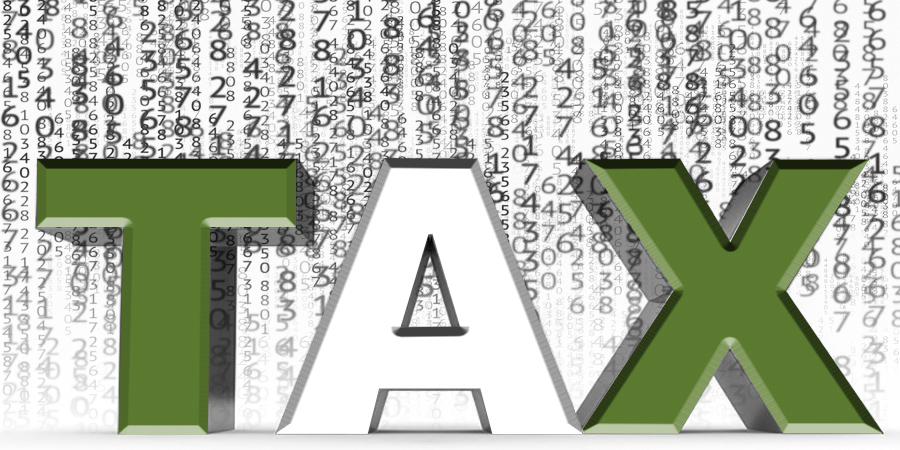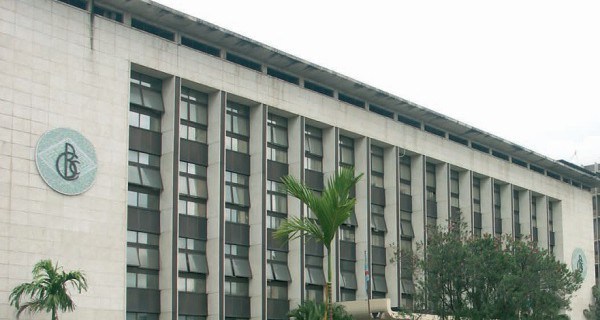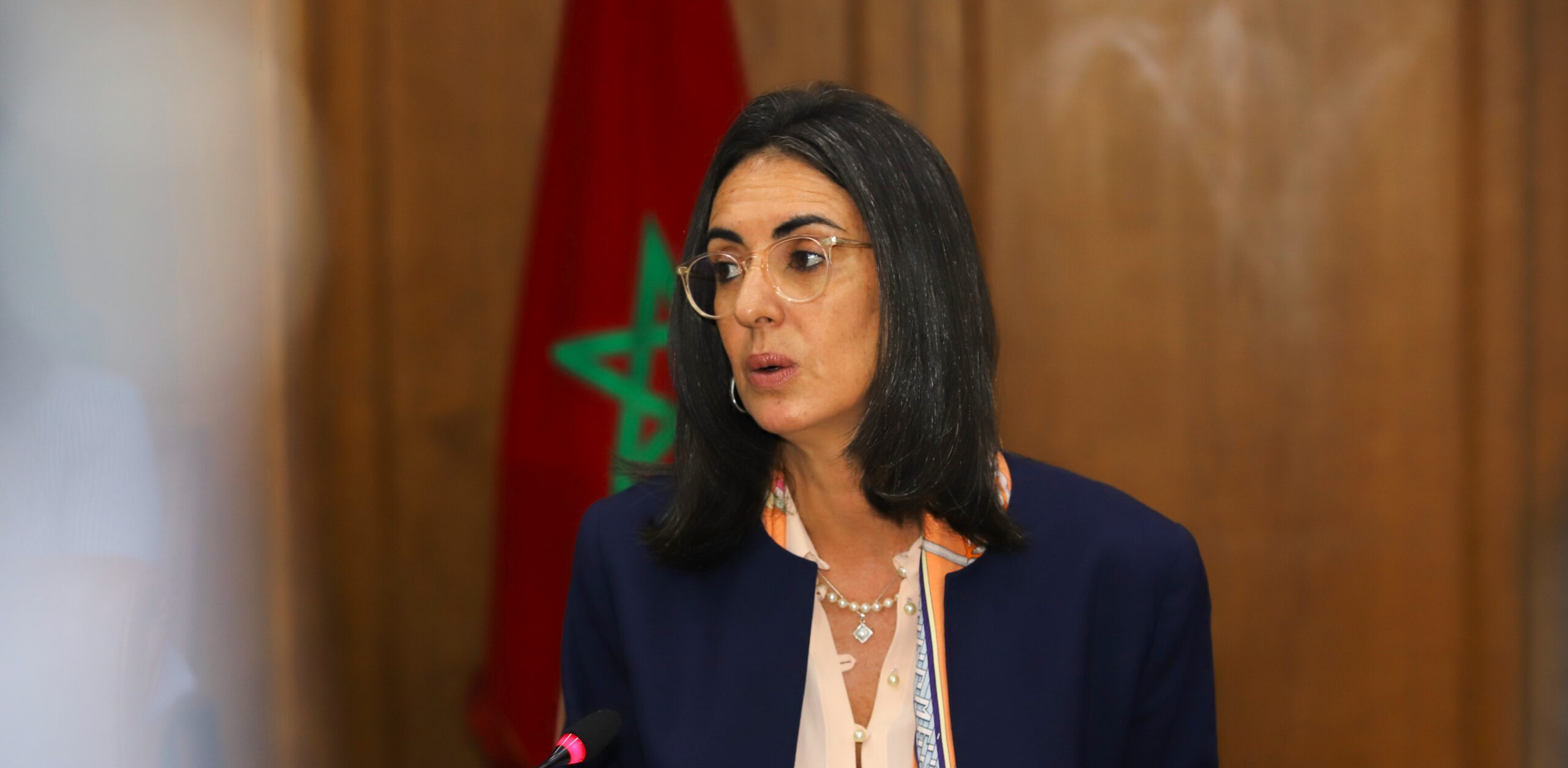Nigeria’s Tax Gamble That Could Cost More Than It Earns
Nigeria plans to triple capital gains tax on foreign investors from 10 % to 30 %, risking capital flight as equities on the NGXGROUP face repricing. With USD/NGN ≈ 1 600, inflation at 33 %, and Eurobond yields near 12 %, policy credibility is again on the line.

Nigeria’s plan to triple capital gains tax (CGT) on foreign equity investors marks a turning point in its fiscal strategy—and possibly in its credibility as Africa’s largest frontier market. The proposed increase, which would raise CGT from 10 percent to 30 percent, aims to boost non-oil revenue and close a widening fiscal gap. Yet it also risks eroding investor sentiment, draining liquidity from the Nigerian Exchange Group (NGX: NGXGROUP), and triggering a re-pricing of Nigerian risk across asset classes.
The policy surfaces at a moment of extreme macroeconomic fragility. The naira (USD/NGN ≈ 1,600) continues to slide, inflation has reached 33.4 percent, and debt-service obligations consume more than 70 percent of federal revenue. Against this backdrop, the government’s instinct to expand its tax base is understandable. But taxing foreign capital amid a currency crisis could prove counterproductive—raising short-term receipts while accelerating capital flight, risk premiums, and exchange-rate pressure over the medium term.
Nigeria’s equity market had been showing signs of recovery. The NGX All-Share Index (NGXASI: .NGX) has risen roughly 31 percent year-to-date, outperforming most regional peers on banking-sector strength and value rotation. But that rally now faces resistance as investors recalculate post-tax returns. With a 30 percent CGT, effective equity yields would fall below those in Kenya (NSE: NASI) and South Africa (JSE: J203), even after adjusting for higher dividends. For risk-sensitive capital, taxation may act as a catalyst for portfolio rotation rather than a deterrent.
That tension between revenue needs and capital sensitivity defines the dilemma now facing Abuja. Nigeria’s sovereign debt already trades with one of the highest risk premiums in Africa. The 2031 Eurobond (NG2031: XS2433952104) yields around 11.8 percent, compared with 9.2 percent for Kenya’s 2032 (KE2032) and 8.4 percent for Côte d’Ivoire’s 2033 (CI2033). By raising CGT, Nigeria effectively increases the after-tax hurdle rate for equity investors while bond yields remain in double digits—a mix that narrows the universe of viable foreign participation. Investors seeking frontier exposure could simply pivot toward regional Eurobonds or diversified Africa ETFs (NYSEARCA: AFK), where tax drag is lower and exit flexibility greater.
At a policy level, the move signals a tilt toward immediate fiscal mobilization over long-term capital formation. The government’s 2025 Medium-Term Expenditure Framework targets roughly ₦19 trillion (≈ USD 13 billion) in annual tax revenue—up nearly 60 percent from 2023 levels. Nearly half that increase is expected to come from new levies and enforcement rather than organic growth. Analysts estimate the higher CGT could generate up to ₦300 billion (≈ USD 200 million) in incremental receipts, but warn that these gains may be offset by valuation losses and reduced turnover. “You don’t rebuild trust by penalizing inflows,” a Lagos fund manager remarked. “You risk taxing exit rather than entry.”
Comparative context deepens the concern. Kenya has proposed CGT relief for long-term investors to encourage fresh listings, while South Africa maintains a stable 18 percent rate applied equally to residents and non-residents. Even Ghana, despite fiscal stress, has resisted direct hikes on portfolio gains. Nigeria’s abrupt shift therefore risks isolating it just as regional competition for capital intensifies.
Market behavior is already shifting. According to NGX data, foreign holdings have dropped to around 11 percent of total market capitalization—down from over 25 percent in 2019. Average daily trading volumes in offshore accounts have halved over the past year, and brokers report growing reluctance from foreign clients to reinvest dividends. Should the new CGT take effect without transitional provisions or reinvestment exemptions, Nigeria could see liquidity in foreign accounts contract even further.
The currency dimension is equally significant. The naira’s weakness reflects chronic dollar shortages; portfolio capital once provided a critical buffer but has steadily declined since the 2020 oil shock. Raising the tax burden on foreign equity gains effectively closes one of the few remaining hard-currency inflow channels. If the Dollar Index (DXY: DX-Y.NYB) remains above 105—signaling continued dollar strength—Nigeria’s external buffers, currently near USD 33 billion, could face renewed depletion.
Authorities defend the proposal as a fairness measure, arguing that domestic investors face comparable rates and that foreign capital has long benefited from preferential treatment. But equal treatment in statute can have unequal effects in practice. Domestic investors are captive; foreign investors are not. What appears equitable on paper may translate into asymmetrical outflows in reality. As with the fuel-subsidy removal earlier this year, Abuja risks achieving macro orthodoxy at the expense of market stability.
From a global investor’s standpoint, the proposal reads as both a fiscal experiment and a confidence test. The temporary boost to revenue—perhaps USD 200 million in the first year—could come at the cost of valuation declines of 10–15 percent across NGX-listed equities if foreign participation continues to retreat. Those paper losses may negate much of the intended revenue gain through reduced transaction volumes and dividend reinvestment.
The broader signal matters more than the numbers. Just as Nigeria is courting foreign direct investment, a tripling of taxes on mobile capital reinforces perceptions of unpredictability. For portfolio managers in Johannesburg, London, or Dubai, Nigeria’s fiscal posture looks less reformist and more reactive—a short-term liquidity fix rather than a long-term growth strategy.
Regional spillovers may follow. The rand (USD/ZAR ≈ 18.7), cedi (USD/GHS ≈ 15.1), and shilling (USD/KES ≈ 129.4) could attract redirected portfolio flows if risk appetite stabilizes. But within frontier allocations, Nigeria’s weight could shrink structurally as investors treat it not as a cyclical opportunity but a persistent policy risk.
Ultimately, the debate is about credibility. Nigeria’s policymakers are caught between fiscal necessity and investor psychology. The planned CGT hike may fill revenue gaps today, but it risks widening the trust deficit tomorrow. For a market already strained by inflation, FX illiquidity, and debt pressure, the cost of confidence may soon exceed the tax itself.





